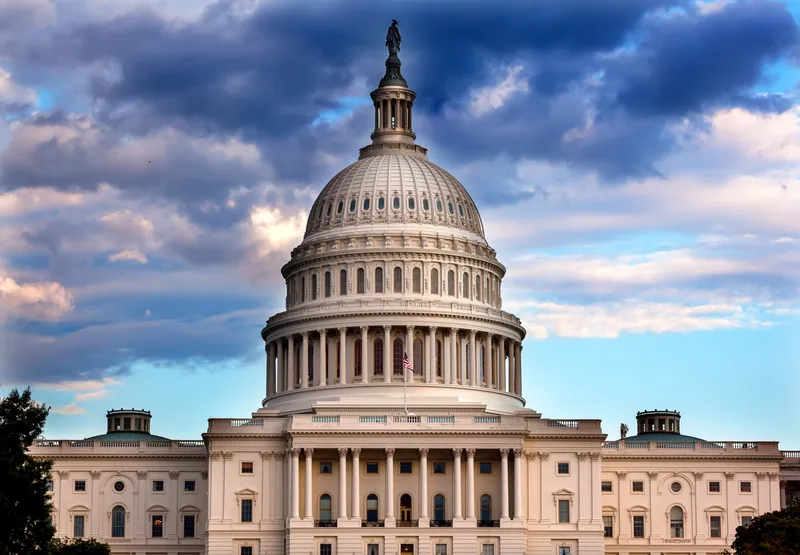The UK government has announced funding for the Lincoln transport hub, including a new bus station and 1,000 space car park. There will also be improvements to Lincoln Central railway station and a pedestrianised plaza connecting the bus and rail stations.
As part of the upgrade, the new bus station will provide live travel information for both bus and rail passengers, while the 1,000 space multi-storey will have up to 32 electric vehicle charging points to power the next generation of vehicles.
Cycle
August 25, 2016
Read time: 2 mins
The UK government has announced funding for the Lincoln transport hub, including a new bus station and 1,000 space car park. There will also be improvements to Lincoln Central railway station and a pedestrianised plaza connecting the bus and rail stations.
As part of the upgrade, the new bus station will provide live travel information for both bus and rail passengers, while the 1,000 space multi-storey will have up to 32 electric vehicle charging points to power the next generation of vehicles.
Cycle lanes and traffic calming measures will also be installed.
The US$38.3 million (£29 million) scheme will help improve city centre journeys for people living, working or visiting the town and deliver a boost to the economy. It will be delivered by the city council in partnership with the1837 Department for Transport, the Greater Lincolnshire Local Enterprise Partnership (GLLEP), Lincolnshire Co-op and Network Rail, working with East Midlands Trains and Lincolnshire County Council.
Delivering transport upgrades that help people get around and get on is a key part of the government’s plan for transport. The scheme is expected to create up to 200 jobs in the city, and deliver an economic boost worth US$11.8 million (£9 million) a year.
The major investment is being made after the Transport Secretary approved plans for a new eastern bypass earlier this year. The council is now working to secure funding and make the plans a reality.
Construction on the transport hub is expected to last up to 18 months, with the new facilities open by January 2018.
As part of the upgrade, the new bus station will provide live travel information for both bus and rail passengers, while the 1,000 space multi-storey will have up to 32 electric vehicle charging points to power the next generation of vehicles.
Cycle lanes and traffic calming measures will also be installed.
The US$38.3 million (£29 million) scheme will help improve city centre journeys for people living, working or visiting the town and deliver a boost to the economy. It will be delivered by the city council in partnership with the
Delivering transport upgrades that help people get around and get on is a key part of the government’s plan for transport. The scheme is expected to create up to 200 jobs in the city, and deliver an economic boost worth US$11.8 million (£9 million) a year.
The major investment is being made after the Transport Secretary approved plans for a new eastern bypass earlier this year. The council is now working to secure funding and make the plans a reality.
Construction on the transport hub is expected to last up to 18 months, with the new facilities open by January 2018.








